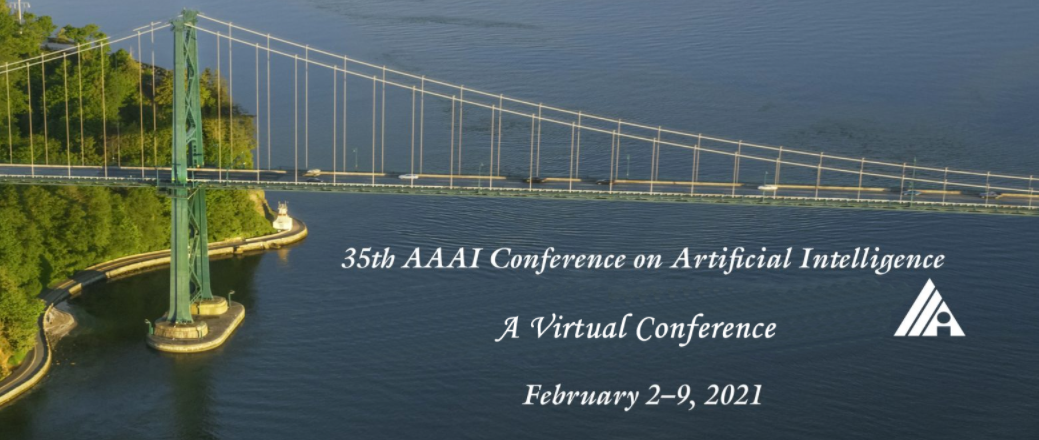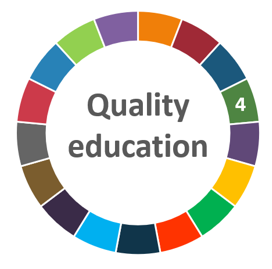
ΑΙhub.org
Symposium on Educational Advances in Artificial Intelligence – a summary from the co-chairs

The Symposium on Educational Advances in Artificial Intelligence (EAAI) seeks to advance the AAAI goal of improving the teaching and training of AI practitioners. Organized as an independent symposium within the AAAI conference, EAAI provides the opportunity for researchers, educators, and students to share educational experiences involving AI.
EAAI 2021 provided a venue for discussing pedagogical issues and sharing resources related to teaching and using AI in education. It cut across a variety of curricular levels, from K-12 through postgraduate training. The symposium showcased ideas for how to effectively teach AI as well as the growing impact of AI in enhancing education.

EAAI 2021 featured a program of talks on refereed papers in several tracks. The main track covered a broad range of topics relevant to teaching AI and teaching with AI. The Model AI Assignments track continued our tradition of sharing innovative, engaging, and practice-tested assignments (which are archived at http://modelai.gettysburg.edu). A new special track on Demos, Software Tools, and Activities for Teaching AI in K-12 made AI resources available for K-12 teachers to use in the classroom. Finally, a special track on the Gin Rummy Undergraduate Research Challenge consisted of papers from mentored undergraduate research teams.
EAAI 2021 also featured several special events. The 2021 AAAI/EAAI Outstanding Educator Award talk went to Michael Wooldridge, who gave a keynote speech on Talking to the Public about AI. Ashok Goel, Ansaf Salleb-Aouissi, and Mehran Sehami contributed to a timely panel on Teaching Online and Blended AI Courses.
The EAAI co-chairs would like to thank the organizing committee, track chairs, program committee, speakers, and authors. They all invested substantial time and effort into making this year’s symposium a great experience. We would also like to thank AI Journal and AAAI for subsidizing attendance at the symposium.
tags: AAAI, AAAI2021, Focus on quality education, Focus on UN SDGs












